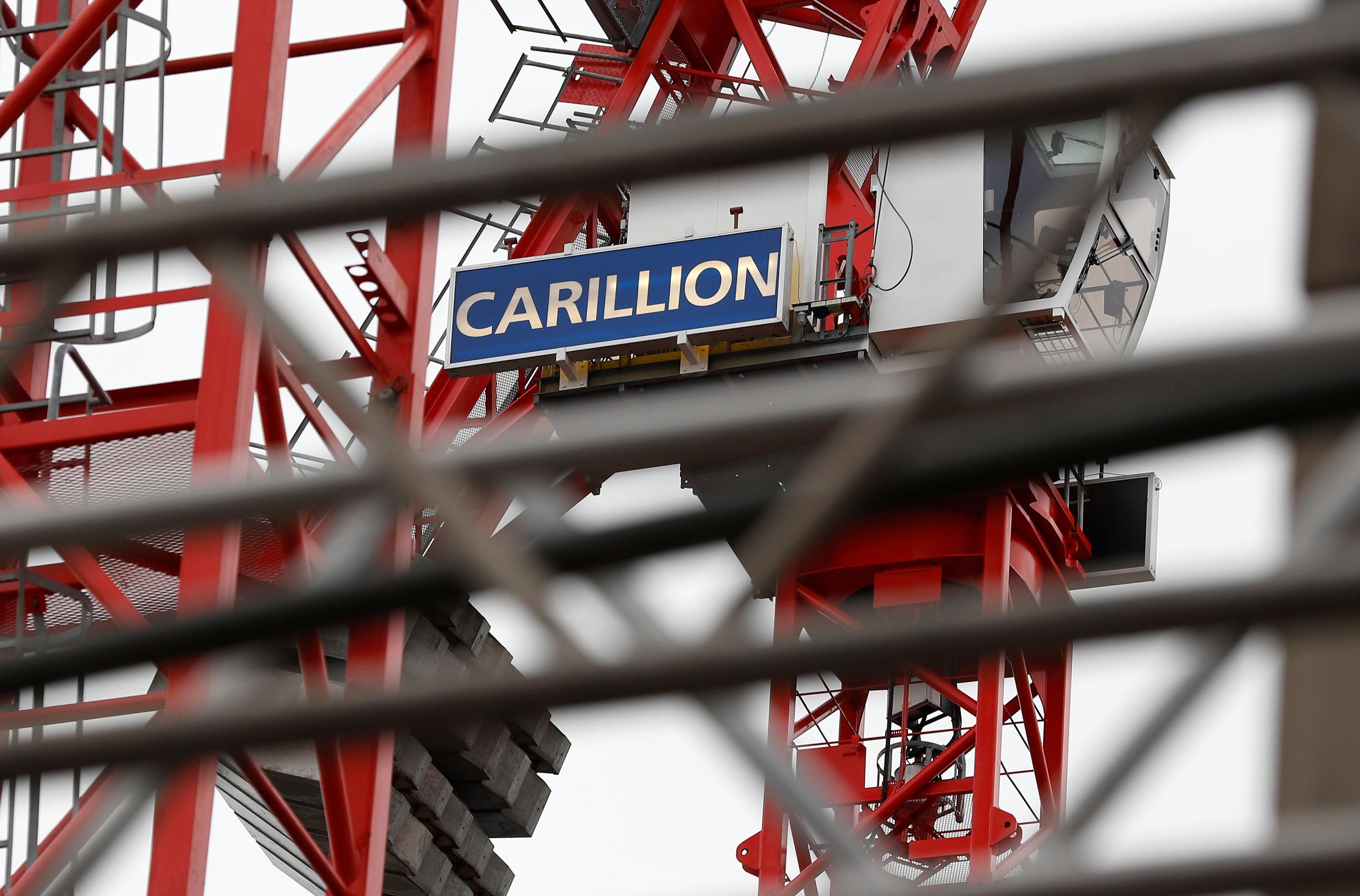Carillion: Now watchdogs are looking at insider trading
There are four separate regulators looking into the collapse of the outsourcer. Amid the perception that top people always get away with it, they need a result

The Carillion scandal took a new turn this morning with the revelation that the Financial Conduct Authority (FCA) is looking into allegations of possible insider trading in the run up to the contractor’s collapse.
It should be noted that the main thrust of its activities concern possible market abuse.
The focus is on whether or not the problems revealed in Carillion’s profit warning of 10 July were disclosed early enough and, if not, whether earlier announcements could be considered false or misleading as a result.
That trading update, which included an £845m write down to the value of three public private partnerships, was the match that lit the fire.
Carillion’s then chief executive Richard Howson quit, the shares crashed, and the company spiralled downwards until all that was left of a vast edifice were ashes.
The fact that the FCA’s chief executive Andrew Bailey thought the regulator’s interest in possible insider trading was worth making note of in a letter to the Work and Pensions Committee further raises stakes that were already very high.
The committee, which has been riding this one hard, noted that one of the more eye opening parts of the National Audit Office’s June report into Carillion was the revelation that among its requests for state support was a plea for “protection from fines or penalties from regulators for actions taken by the company before July 2017”.
Chairman Frank Field wrote to former Carillion chairman Philip Green about this and was told it was a requirement of lenders from whom the company was trying to secure last-ditch support.
Make of that what you will. It seems the request was, anyway, not granted.
There are now four separate regulators investigating various aspects of the firm’s messy demise. In addition to the FCA, they are the Insolvency Service, the Financial Reporting Council (which is looking at the audit), and the Pensions Regulator.
Thats’s entirely appropriate: Carillion is perhaps the ugliest corporate collapse this country has seen since the financial crisis of 2008.
Thousands of people lost their jobs. Companies in the supply chain of this notoriously tardy payer lost money they were owed. Projects it was involved in were negatively affected. The staggering 13 deficit-laden pension schemes the firm operated are being assessed by the Pension Protection Fund, which offers those yet to retire 90 per cent of what their employer had promised them at the outset, combined with what are usually less generous increases going forward. And the list goes on. And on, and on.
Almost no one was called to account for what went on in the run up to the financial crisis, and the perception that those at the top always get away with it continues to fuel a simmering anger.
One or more of those regulators really needs to secure a result.
Join our commenting forum
Join thought-provoking conversations, follow other Independent readers and see their replies
Comments
Bookmark popover
Removed from bookmarks